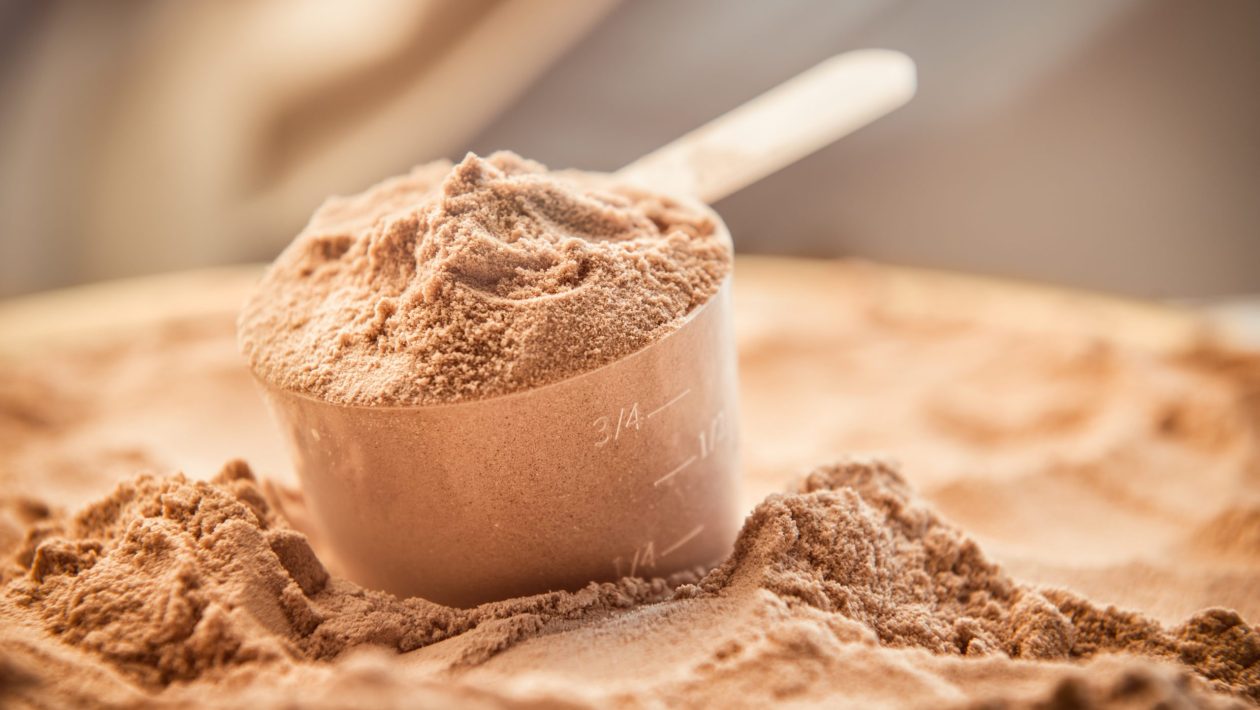In the world of fitness and nutrition, protein is often hailed as the king of macronutrients, playing a crucial role in muscle building, recovery, and overall well-being. Among the various protein sources available, whey protein stands out as a popular choice thanks to its high-quality amino acid profile. However, not all whey proteins are created equal. In this article, we’ll explore the different forms of whey protein and help you navigate the maze to find the one that best suits your health and fitness goals.
Table of Contents
Whey Concentrate: The Balanced Choice
Whey concentrate is the least processed form of whey protein, containing a lower percentage of protein by weight compared to its counterparts. However, this slight drawback comes with a silver lining – it retains more of the beneficial nutrients found in whole whey, such as immunoglobulins and lactoferrin. Whey concentrate is an excellent choice for those looking for a well-rounded protein source with additional immune-boosting properties.
Whey Isolate: The Pinnacle of Purity
On the other end of the spectrum is whey isolate, a highly refined form of whey protein. Through additional processing, whey isolate boasts a significantly higher protein content per serving while minimizing the fat and lactose content. This makes it an ideal choice for individuals with lactose intolerance or those aiming to increase their protein intake without additional calories from fats and carbohydrates.
Whey Hydrolysate: The Pre-Digested Powerhouse
Whey hydrolysate undergoes partial pre-digestion, breaking down the protein into smaller peptides. This pre-digestion process makes the protein easier and quicker to absorb, potentially speeding up the delivery of amino acids to the muscles. This rapid absorption makes whey hydrolysate an excellent choice for post-workout nutrition, aiding in muscle recovery and reducing the risk of muscle protein breakdown.
Considerations for Lactose Sensitivity
For individuals with lactose sensitivity, choosing the right form of whey protein is crucial. While whey isolate is generally well-tolerated due to its minimal lactose content, some may find that whey concentrate provides a more agreeable option, as it retains certain components that can aid digestion. For those with severe lactose intolerance, exploring alternative protein sources, such as plant-based options, maybe a prudent choice.
Bioavailability and Amino Acid Profile
The bioavailability of a protein source refers to the proportion of its amino acids that the body can readily absorb and utilize. Whey protein, in general, boasts high bioavailability, making it an efficient source of essential amino acids. Whey isolate, with its further refinement, tends to have a slightly higher bioavailability compared to whey concentrate. However, the overall difference is marginal, and both forms provide a rich source of amino acids crucial for muscle synthesis and repair.
Cost Considerations
Another factor to weigh in the decision-making process is the cost of whey protein supplements. Generally, whey concentrate tends to be more budget-friendly due to its less intensive processing. On the other hand, whey isolates, with their higher protein content and additional refinement, may come with a higher price tag. For those on a tight budget, whey concentrate could be a viable and cost-effective option without compromising on the quality of protein intake.
Taste and Texture: A Personal Preference
The taste and texture of whey protein can vary between concentrate and isolate. Whey concentrate, with its slightly higher fat and carbohydrate content, often has a creamier texture and a fuller flavor profile. In contrast, whey isolate, being more refined, may have a milder taste and a thinner consistency. Ultimately, the preference for taste and texture is subjective, and individuals may find one form more palatable than the other.
Choosing the Right Whey Protein for Your Goals
Selecting the best form of whey protein ultimately depends on your individual health and fitness goals. If you prioritize a well-rounded protein source with additional immune-boosting properties, whey concentrate may be the right choice. For those aiming to maximize protein intake while minimizing fat and lactose, whey isolate could be the ideal option. Whey hydrolysate, with its rapid absorption, suits those focused on post-workout recovery.
Summary:
In the quest for the best form of whey protein, there is no one-size-fits-all answer. The decision should align with your specific health and fitness objectives, dietary preferences, and considerations such as lactose sensitivity and budget constraints. Whether you opt for the balanced profile of whey concentrate, the purity of whey isolate, or the rapid absorption of whey hydrolysate, incorporating the right form of whey protein into your nutrition regimen can be a key component in achieving your fitness aspirations.
Visit Divine Results LLC Today!
Ready to elevate your fitness journey with the best whey protein for your goals? Here at Divine Results LLC, we understand that choosing the right protein supplement is a crucial step toward achieving optimal health and fitness. Our experts are here to guide you through the maze of whey protein options, helping you find the perfect match for your unique needs. Whether you’re aiming for muscle gain, rapid recovery, or overall well-being, we are committed to providing top-notch products and personalized advice. Reach out to us today, and let’s embark on a journey to divine fitness results together!











